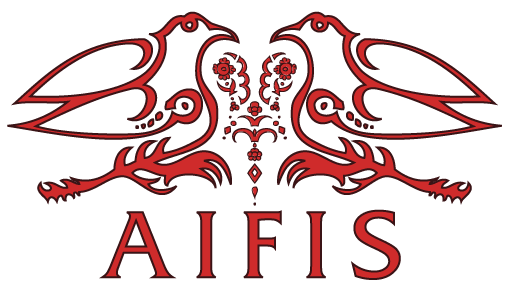Background and Introduction
Even though Indonesia has claimed as a democratic country in the Constitution, the country still faces the real challenge of maintaining its democracy. Indonesian law regulation does not provide an adequate standard for actionable defamation. Instead, the obscure rules affect some deed, such as opinion or criticism still verdict as defamation even punishable by criminal provisions.
The advent and growth of the internet put pressure on these existing laws developed in the late 1990s. On the one hand, it created new opportunities, as many media companies expanded and connected the public access information. On the other hand, it created several new legal challenges. Burgeoning criminal activity – such as hacking, online consumer fraud, and data breaching – created pressure to ensure that the internet was sufficiently regulated. The rise of various cybercrime types in Indonesia is also designed for new kinds of unlawful expressions, such as criminal defamation. The current legislation of cybercrime in Indonesia not only regulates cybersecurity issues but also criminalizing digital speech.
Such legislation is the Information and Electronic Transaction Act 2008 (IET Act). Under the provision of Article 27, Section 3, Many cases are potentially abused by the rich and powerful, from the very first case of online defamation of Prita Mulyasari in 2008 to Saiful Mahdi’s case in last April. The Indonesian Constitutional Court always rejected the judicial review process of the provision. Even the IET Act's amendment in 2016 still not provides a clear standard and scope of defamation and free speech.
Based on the current problem, Eka Nugraha Putra, a current Doctor of Juridical Science candidate at Indiana University – Maurer School of Law, is currently researching criminal defamation and free speech in this digital age for his dissertation. His study analyzes Indonesia's criminal defamation by examining freedom of speech and the boundaries between protected and unprotected speech.
This research will also cover several countries' approach to regulating defamation and free speech. One of the countries for the comparative purpose is the United States, considering its long history of free speech and the various doctrines on defamation laws and free speech. The relative take is carried out to take lessons on the advantages and disadvantages of regulates criminal defamation, both offline and online. The comparison approach is considered a part of Indonesia's recommendation in adapting and revising Indonesian defamation laws in the future.
The dissertation research is also supported by the American Institute for Indonesian Studies (AIFIS). Through the fund AIFIS – Luce Research Fellowship 2019 – 2020, the research is carried out for the field study and literature research. One of the mandates for the AIFIS – Luce fellow is to disseminate the research to the public. Upon that, AIFIS and Faculty of Law University Merdeka Malang, Indonesia, are holding a webinar on the topic "Criminal Defamation and Free Speech in Digital Age: Indonesian and the United States Perspective."
Speakers and sub-themes:
a. Eka Nugraha Putra (law lecturer at University Merdeka Malang, SJD candidate at Indiana University – Maurer School of Law, AIFIS-Luce fellow) :
- Online criminal defamation legislation in Indonesia
- The problem with the provisions of criminal defamation and free speech in Indonesia
- Overview of comparative perspective between Indonesia and the United States’ legislation on online criminal defamation
b. Professor Joseph Tomain (law lecturer at Indiana University – Maurer School of Law, senior fellow at Center for Applied Cybersecurity Research) :
- The latest development on online criminal defamation legislation in the United States
- Doctrines of defamation and free speech in the United States
The moderator in this webinar is Dr. Kadek Wiwik Indrayanti, a law lecturer and Secretary Program of Graduate Legal Studies at University Merdeka Malang, Indonesia.
Place, date and time
The webinar is held on Monday, August 10, 2020, at 7 PM WIB (Indonesian time) or Monday, August 10, 2020, at 8 AM EDT (US time). The webinar is using Zoom as the platform. It will be broadcasted through Youtube Live Streaming at “Unmer Channel” account and Facebook Live Streaming at “Fakultas Hukum Universitas Merdeka Malang” account. This webinar is held for 60 minutes, Eka Nugraha Putra and Professor Joseph Tomain speak for 20 minutes and 15 minutes respectively, while Q & A session is for 25 minutes.
Free Registration:
https://bit.ly/registrationAIFIS-FHUnmer
Watch below:


